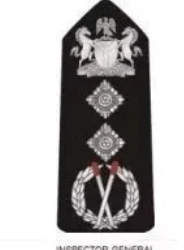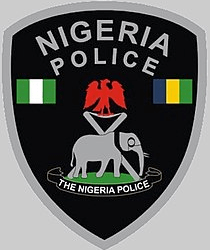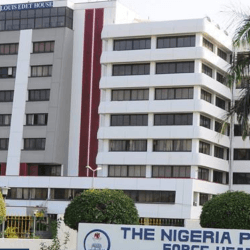The command structure of the Nigerian Police Force is hierarchical, reflecting the regimental nature of the institution. It ensures that authority flows systematically from the top, the Inspector-General of Police (IGP), down to the lowest rank. The ranks are structured to define clear roles and responsibilities, with corresponding powers.
Police ranks in Nigeria, from top to bottom:
- Inspector-General of Police (IGP)
- Deputy Inspector-General of Police (DIG)
- Assistant Inspector-General of Police (AIG)
- Commissioner of Police (CP)
- Deputy Commissioner of Police (DCP)
- Assistant Commissioner of Police (ACP)
- Chief Superintendent of Police (CSP)
- Superintendent of Police (SP)
- Deputy Superintendent of Police (DSP)
- Assistant Superintendent of Police (ASP)
- Inspector of Police (IP)
- Sergent Major (SM)
- Sergent
- Corporal
- Constable
Police ranks in Nigeria, from bottom to top:
- Constable
- Corporal
- Sergent
- Sergent Major (SM)
- Inspector of Police (IP)
- Assistant Superintendent of Police (ASP)
- Deputy Superintendent of Police (DSP)
- Superintendent of Police (SP)
- Chief Superintendent of Police (CSP)
- Assistant Commissioner of Police (ACP)
- Deputy Commissioner of Police (DCP)
- Commissioner of Police (CP)
- Assistant Inspector-General of Police (AIG)
- Deputy Inspector-General of Police (DIG)
- Inspector-General of Police (IGP)
Symbols of police ranks in Nigeria:
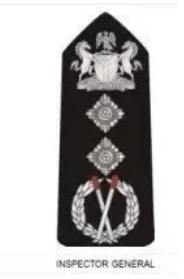
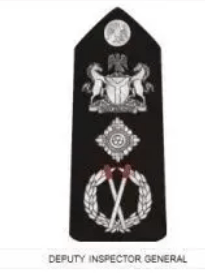
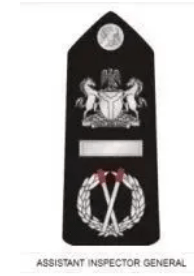
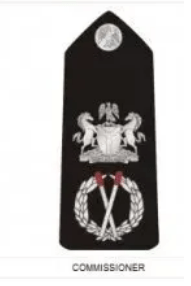
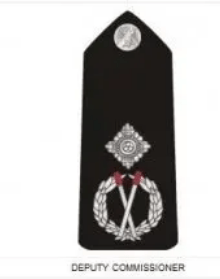
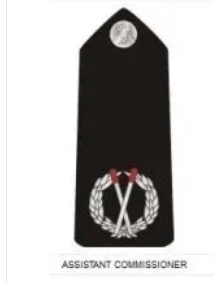
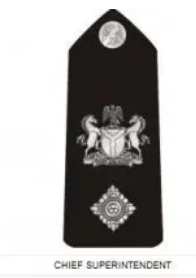
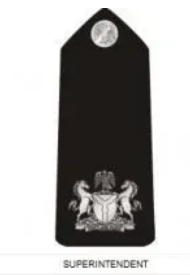
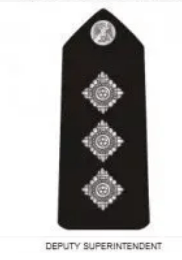
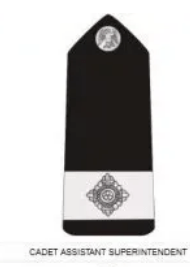
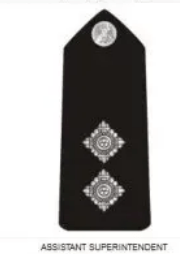
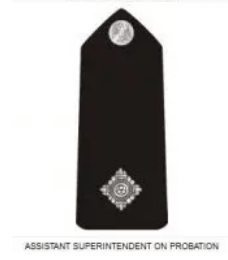
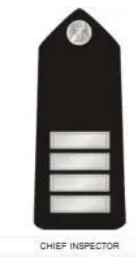
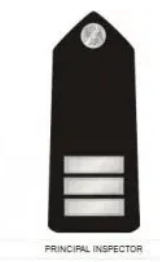

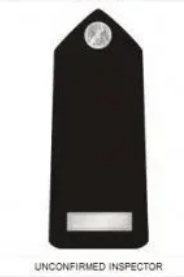
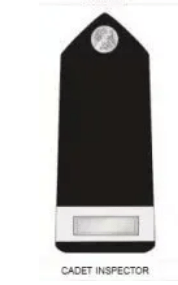
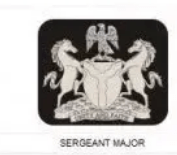
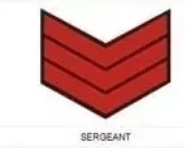
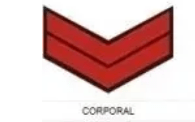
- Inspector-General of Police (IGP): The highest-ranking officer, responsible for the entire police force. Commands the police nationwide.
- Deputy Inspector-General of Police (DIG): The second-in-command, assisting the IGP. Acts as IGP in the IGP’s absence.
- Assistant Inspector-General of Police (AIG): Assists the DIG and IGP. In charge of zonal commands and acts in the absence of both IGP and DIG.
- Commissioner of Police (CP): In charge of police contingents in a state or certain special units. Commands state-level operations and reports to the IGP.
- Deputy Commissioner of Police (DCP): Assists the Commissioner of Police in managing the affairs of a state or division.
- Assistant Commissioner of Police (ACP): Assists the DCP and supervises specific sections within the police command.
- Chief Superintendent of Police (CSP): Manages a police division or oversees major departments.
- Superintendent of Police (SP): Commands a police station or unit and reports to the CSP.
- Deputy Superintendent of Police (DSP): Supports the SP in station or unit management.
- Assistant Superintendent of Police (ASP): The entry-level commissioned officer rank, responsible for small units or sections.
- Inspector of Police: Non-commissioned officers responsible for managing Sergeants and lower ranks. Inspectors often lead smaller units or stations.
- Sergeant Major: Senior non-commissioned officer overseeing Sergeants and Corporals, focusing on discipline and field coordination.
- Sergeant: Non-commissioned officer responsible for field duties, supervising Corporals and Constables.
- Corporal: Assists the Sergeant, leading Constables in executing routine duties.
- Constable: The entry-level rank, performing basic police duties under supervision.
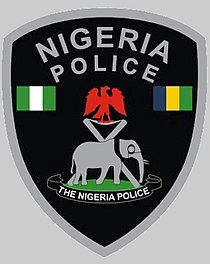
This structure ensures that every officer in the force has a clear role, and the command flows from the top rank to the lowest, maintaining order and discipline within the Nigerian Police Force.


